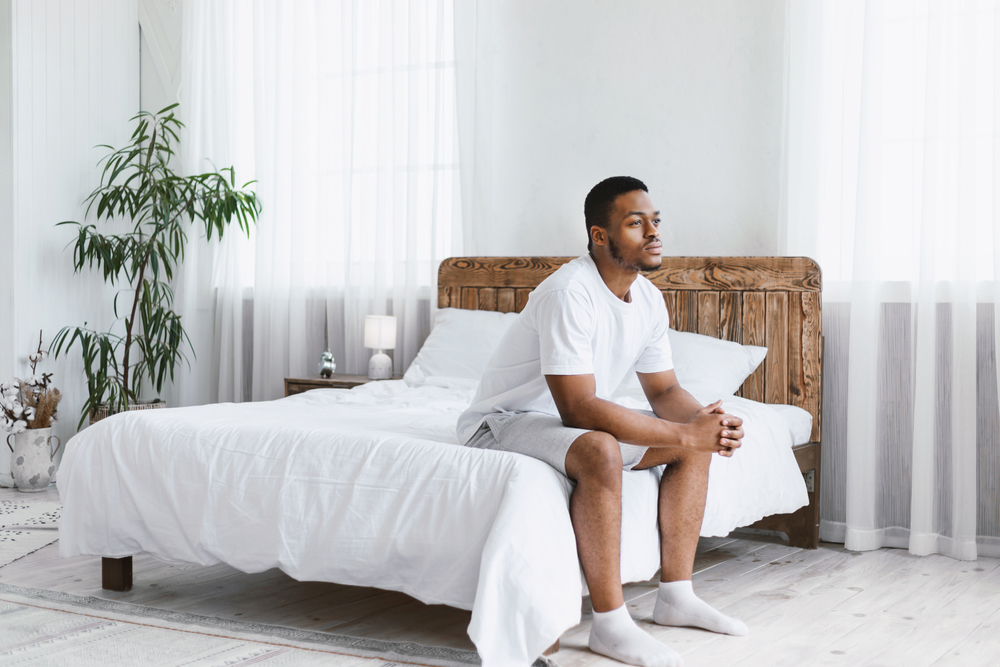While many people associate alcohol with relaxation and stress relief, that’s not always the case – especially the morning after. Nicknamed “hangxiety” online, feelings of dread following a night of binge drinking can be even more uncomfortable than the fatigue, dry mouth, headache and nausea that frequently come with a hangover.
It’s only natural to wake up worried if you can’t remember everything you did or said the night before. But in some cases, the anxiety is overwhelming, and it’s not only because of regrets from drinking too much.
What Is Hangover Anxiety?
While not every hangover affects mood, post-drinking anxiety is a frequent hangover symptom for many people. If you already have an anxiety disorder and use alcohol as a misguided coping mechanism, your anxiety can come rushing back even stronger than before once the effects wear off. The physical symptoms of a hangover can exacerbate these feelings.
Hangxiety is also a form of psychological withdrawal from alcohol. When you’re under the influence, your body will release a flood of feel-good neurotransmitters like dopamine, but your brain might struggle to regain its equilibrium after drinking. Meanwhile, cortisol is a stress hormone that can add to your anxiety.
Hangxiety Symptoms
Like benzodiazepines, drinking produces gamma-aminobutyric acid, which causes you to feel relaxed. As your tolerance builds, you will associate alcohol with its ability to keep you calm and less agitated. If you already have a mood disorder like anxiety or depression, drinking can temporarily suppress negativity and keep you on a more even keel. Unfortunately, the aftereffects can make your mood far worse.
Interrupted sleep is another issue that happens when people drink too much. On top of your other hangover and hangxiety symptoms, fatigue can cause you to feel more depressed and anxious. Those uncomfortable emotions may make you want to drink more to suppress them, thus perpetuating the cycle.
Hangover anxiety can also cause side effects like sweating, a racing heart rate, headaches, panic attacks and guilt over things you said or did while you were under the influence.
Hangover Anxiety Treatment
The best way to ensure you never experience hangxiety again is to stop drinking. However, this is easier said than done. If you have relied on alcohol as your primary coping mechanism for a long time, you will experience various physical and emotional withdrawal symptoms when you try to quit using it. These can range in severity and include dangerous tremors and seizures.
Medically managed detoxification is the safest way to minimize uncomfortable withdrawal symptoms and keep your mood stable. It’s the first step in alcohol addiction recovery because it keeps you safe while all traces of alcohol leave your body and brain. Once you have completed medical detox, you can then begin working on your individualized treatment plan.
Because Pine Grove offers a complete continuum of care, you can move seamlessly from detoxification to residential treatment without leaving our campus. Here, we structure our programming around physical, mental and spiritual healing. We are happy to answer your questions about our addiction treatment programs 24/7. Contact us today to learn more.

